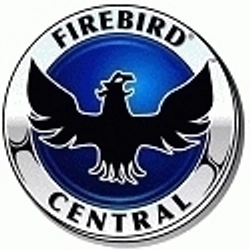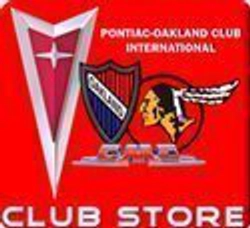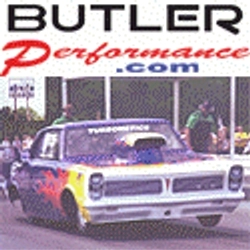Hagerty: Remembering Our ’79 10th Anniversary Trans Am, Pontiac’s T/A 6.6 V-8 Swan Song
Gary Witzenburg's 1979 Pontiac 10th Anniversary Trans Am
Remembering Our ’79 10th Anniversary Trans Am, Pontiac’s T/A 6.6 V-8 Swan Song
Gary Witzenburg
11 December 2024

GM
One weekday afternoon, creeping along in stop-and-go on the Los Angeles freeway behind the wheel of the rare and wonderful 10th Anniversary Limited Edition Trans Am that I co-owned with my wife, I reluctantly decided that car would not serve us well as a daily driver—at least not there. The Trans Am had to fill that role whenever, in my career as an independent auto-writer, I didn’t have a press vehicle to test. That day I had driven the Trans Am way out east to Riverside Raceway for a media event and was heading home, hungry for dinner and eagerly anticipating a much-needed break for my overworked clutch leg.
I loved that car on an open road, even more on a racetrack. I loved its look, its truly impressive performance (6.7-second 0–60 time, according to Car and Driver), the precision of its heavy-duty four-speed’s shift linkage, the raw rumble of its 6.6-liter V-8, and its grin-inducing cornering competence. But its ride was uncomfortably stiff on ragged roads, the great-looking (but non-reclining) leather buckets could not hold our butts in place during hard cornering, and its heavy-duty clutch required some muscle to operate … not a problem in normal driving but a wearying workout in extended stop-and-go.
Also, when I did pick up a press vehicle, I had to leave the Trans Am wherever I got the loaner for the week or so that I would be testing it. Some automaker PR-types in the L.A. area happily provided safe places to park that special Trans Am for a week, but some didn’t. Others were not too pleased to have to store it at all. So, since we had no budget for another car and no place to safely park the Pontiac when not driving it, I sadly decided that it had to go. Luckily Jill, my Trans Am-loving wife, agreed.
A Very Special Trans Am

GM
“Production volume testifies that the Second-Gen Firebird was most popular with consumers,” wrote Rocky Rotella for hotrod.com in 2010. “Its combination of beautiful styling, superb handling and strong Pontiac V-8 performance makes Formulas and Trans Ams of this era highly coveted by collectors and performance traditionalists alike.”
Standard for ’77 was a low-compression, 180-hp 400-cubic-inch (6.6-liter) V-8, but an optional W72 Performance Package for Formula and Trans Am models boosted the engine’s output to a more suitable 200 horses. This engine, labeled and marketed as the “T/A 6.6,” benefitted from further camshaft timing and exhaust improvements for ’78 that boosted it to a pleasingly stronger 220 hp. Also new that year was a WS6 Suspension Package that included stiffer springs, shocks and bushings, a constant-ratio steering box, a larger rear sway bar, and 15×8-inch “Snowflake” aluminum wheels.
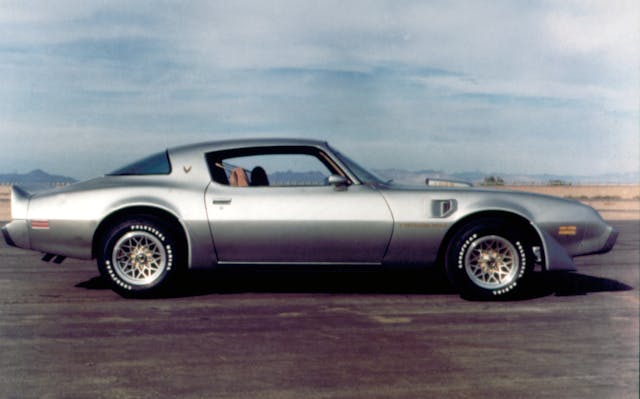
GM
Then GM, desperate to increase the corporate average fuel economy (CAFE) of its product line to meet ever-toughening federal mandates, decided that Pontiac no longer needed the 400 V-8. Pontiac’s corporate parent ordered the engine phased out of production during the ’78 model year. That decision would leave the short-deck 301 as Pontiac’s only V-8. But Pontiac defied the corporation by stockpiling more than 10,000 400-cubic-inch blocks so that it could offer T/A 6.6 engines as extra-cost options in ’79 Trans Ams. Hungry for performance, enthusiasts flocked to get their hands on one of those last few T/A 6.6 engines.
“Backing every T/A 6.6 engine throughout the ’79 model year was an 11-inch clutch disc and pressure-plate assembly and a Borg-Warner Super T-10 four-speed manual transmission with a first-gear ratio of 2.43:1,” reported hotrod.com’s Rotella. And because the WS6 suspension was required with the W72 Package that year, all ’79 T/A 6.6 Firebirds got a 3.23:1 rear axle ratio and new-for-‘79 rear disc brakes. “While not stellar in today’s world,” Rotella concluded, “the T/A 6.6 engine was a stout performer in its day, and it left an impression on most anyone who came in contact with it.”
One example of how much the enthusiast mags appreciated the ‘79 Trans Am is a review by Larry Griffin in the January 1979 issue of Car and Driver: “Pontiac finally got serious a couple of years ago about making the 400 willing to go around corners as fast as the chassis, adding a windage tray to the oil pan,” he wrote. “…The 400’s newly gained semi-rasty camshaft, more spark advance, and improved breathing (through a single-catalyst, dual-resonator, no-muffler exhaust) bumped the horsepower up from 200 SAE net to 220 … Corners are where the WS6 option comes in. It takes over at the point where Trans Ams have always been good. Wrap a Trans Am body around the WS6 suspension and brake pieces, and you discover maybe the best-handling production car ever from an American manufacturer.”

GM
Unsurprisingly, Car and Driver named the ’79 Trans Am America’s best-handling car in its September issue: “Now that the rubber dust has settled and five test cars have stopped smoking,” wrote engineering editor Don Sherman, “the story can be told. We have a champion, a car we can confidently proclaim the best handler in all the land: the Pontiac Firebird Trans Am …
“Its turning response is noticeably quicker than the Camaro’s and far more linear in feel than the Corvette’s. You lead, the Trans Am follows, from one fringe of pavement to the next, if you like … It’s a thousand pounds too heavy, it bucks like a Bronco over bumps, and the front seats are worse for your back than a bad chiropractor … But Pontiac has given the Trans Am’s steering a touch as sensitive as your own fingertips. Grab hold, and you know what’s going on without thinking about it. All four tires go to work when you tell them to, and the surprises were long ago worked out of the suspension.”

GM
Then came the fully loaded, Limited Edition 10th Anniversary Trans Am, a direct descendant of the famed black-and-gold “Smokey and the Bandit” Trans Am but without its muscular 455 V-8. Commemorating the introduction of the race-oriented Firebird Trans Am in 1969, the 10th Anniversary edition was distinguished by a sharp, silver-and-charcoal color scheme with a “super” hood bird (so named because the tips of its wings extended onto the tops of the front fenders), 15×8-inch cast-aluminum turbo wheels of a new design, and a full silver-and-gray interior with aircraft-inspired red instrument lighting.
Most importantly, the 10th Anniversary car celebrated the life and death of that much-loved T/A 6.6 V-8. After GM officially canceled the engine at the end of the ‘78 model year, Pontiac used those stockpiled blocks to build 10,143 of them to offer as an option in 1979 Trans Ams, though the engine was available only with a Borg-Warner Super T-10 4-speed manual gearbox. Of the 117,108 ’79 Trans Ams built, just 8326 (and only 1817 of the 7500 10th Anniversary cars) got that hot T/A 6.6/T-10 combo, while the rest settled for the Pontiac 301 or an Olds-built 403 with a Turbo Hydra-Matic 350 transmission.

GM Archives
Because NASCAR had chosen the 10th Anniversary car to be the series’ pace car for 1979, the 10th Anniversary Trans Am was introduced at Daytona on February 15, 1979, a few days before the season-opening 500. And as that year’s Grand Marshall, Robert C. “Bob” Stempel—who, three months earlier, had been promoted from Chevrolet chief engineer to succeed Alex Mair as Pontiac general manager and a GM vice president—hosted a group of auto enthusiast and motorsports writers at the Speedway to officially unveil it.
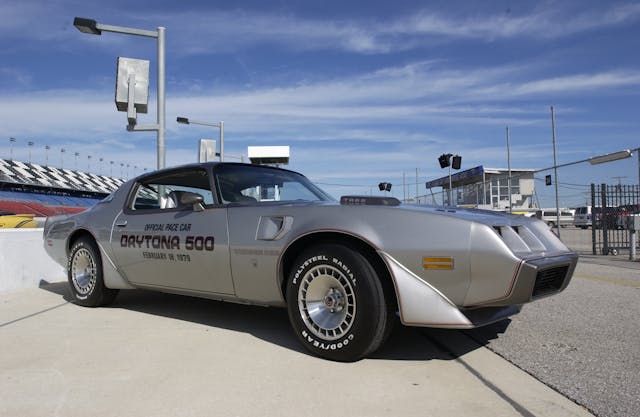
GM
“Since 1972,” he said on the occasion, “a Pontiac has paced the racing events at the Daytona International Speedway. This year we’re happy to have had the 10th Anniversary Limited Edition Trans Am selected as the pace car for the 21st annual Daytona 500 as well as all the other races at Daytona and at Talladega, Alabama. I’m sure many of you have had the opportunity to see the car outside and will agree that it’s quite a car. We think the 10th Anniversary Limited Edition Trans Am is the ultimate Firebird.”

Pontiac general manager Robert C. Stempel and International Speedway Corp. president Bill France, Sr. introduce the 1979 Daytona 500 pace car.
GM
Our 10th Anniversary TA

Gary Witzenburg
As the hard-working young PR pro who had run Trans Am Territories at multiple race tracks from 1976 through 1979, Jill was also a TA enthusiast who had purchased and driven a new one every year for five straight years. And when a small number of these $10,000-plus, commemorative 10th Anniversary models was offered (through a lottery system) to Pontiac people at a friendly employee price, Jill applied and won the right to one of the few with the TA 6.6/four-speed-manual powertrain. We were dating at the time, and I agreed to co-own the car and drive it when I could.
The Trans Am Territory program was canceled after 1979, Jill and I got married in 1982, and she was transferred to Los Angeles later that year to establish and run a PR (media relations) office for Pontiac in the Western area. The transfer was a well-earned promotion for her and a good career move for me. As an ex-engineer (and sometime-racer), independent auto-writer working hard to grow that career, was I willing to migrate from Michigan to car-crazy L.A.? Duh!
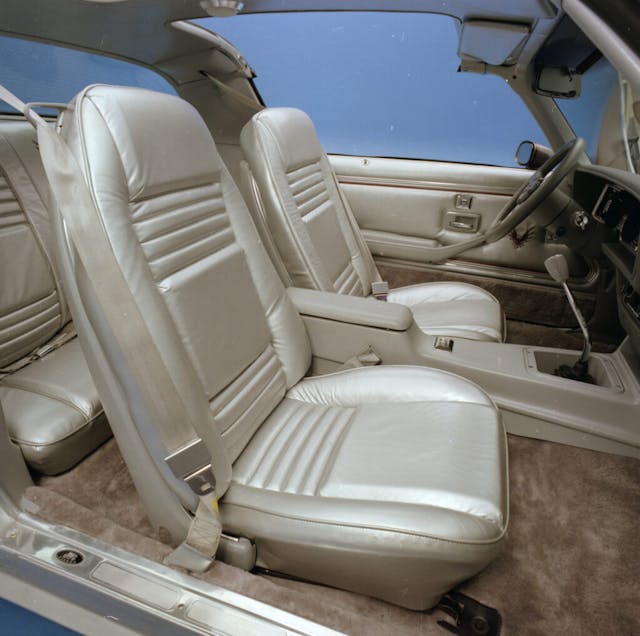
GM
We chose to ship our TA to California in the moving van with our furniture and other stuff instead of driving it across the country. But when we unloaded that van at our new SoCal home, we were dismayed to see that something had fallen onto the Trans Am’s hood, badly damaging it and its “super bird” decal. Fortunately, we were able to get the sheetmetal expertly repaired and the bird replaced (possibly with help in attaining one from our friend and Firebird/Trans Am design leader John Schinella), and the moving company picked up the tab. Our low-miles 10th Anniversary Trans Am was good as new again.
It was good for flogging on twisty California mountain roads but not so much for slogging in LA traffic, which was typically jammed most days and nights even in the 1980s. The Trans Am would have to go; I needed a fuel-efficient, cheap vehicle with an automatic transmission, something I would not fear driving and parking nearly anywhere while I spent a week testing a press vehicle. Our 10th Anniversary Limited Edition Trans Am was a very special car with which Jill and I were truly sad to part, and it would become a highly desirable 1970s collectible many years down the road.

GM

GM

GM

GM

GM
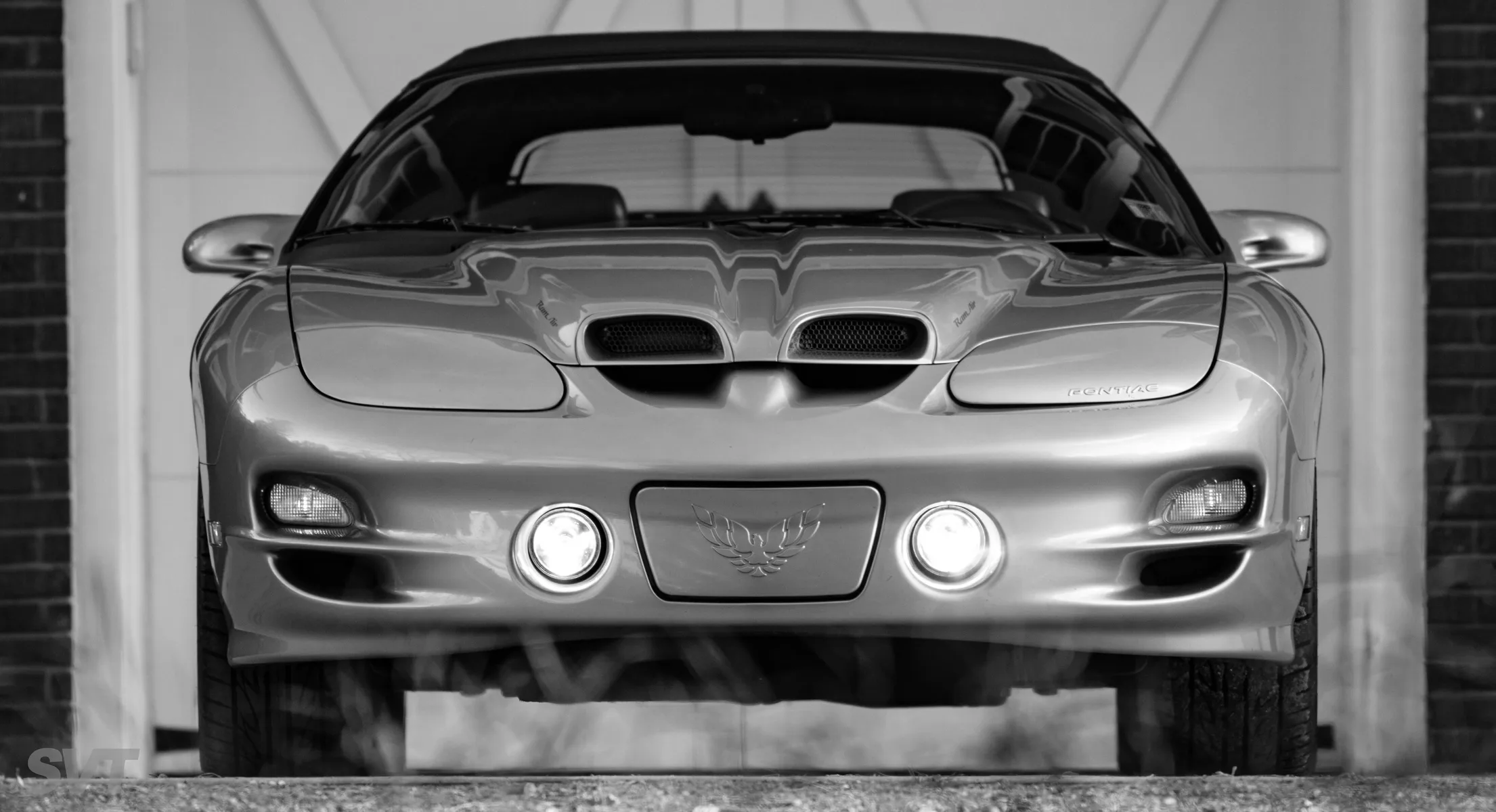
See Your Local Chapter Events
Our chapters often sponsor car shows and other events.
